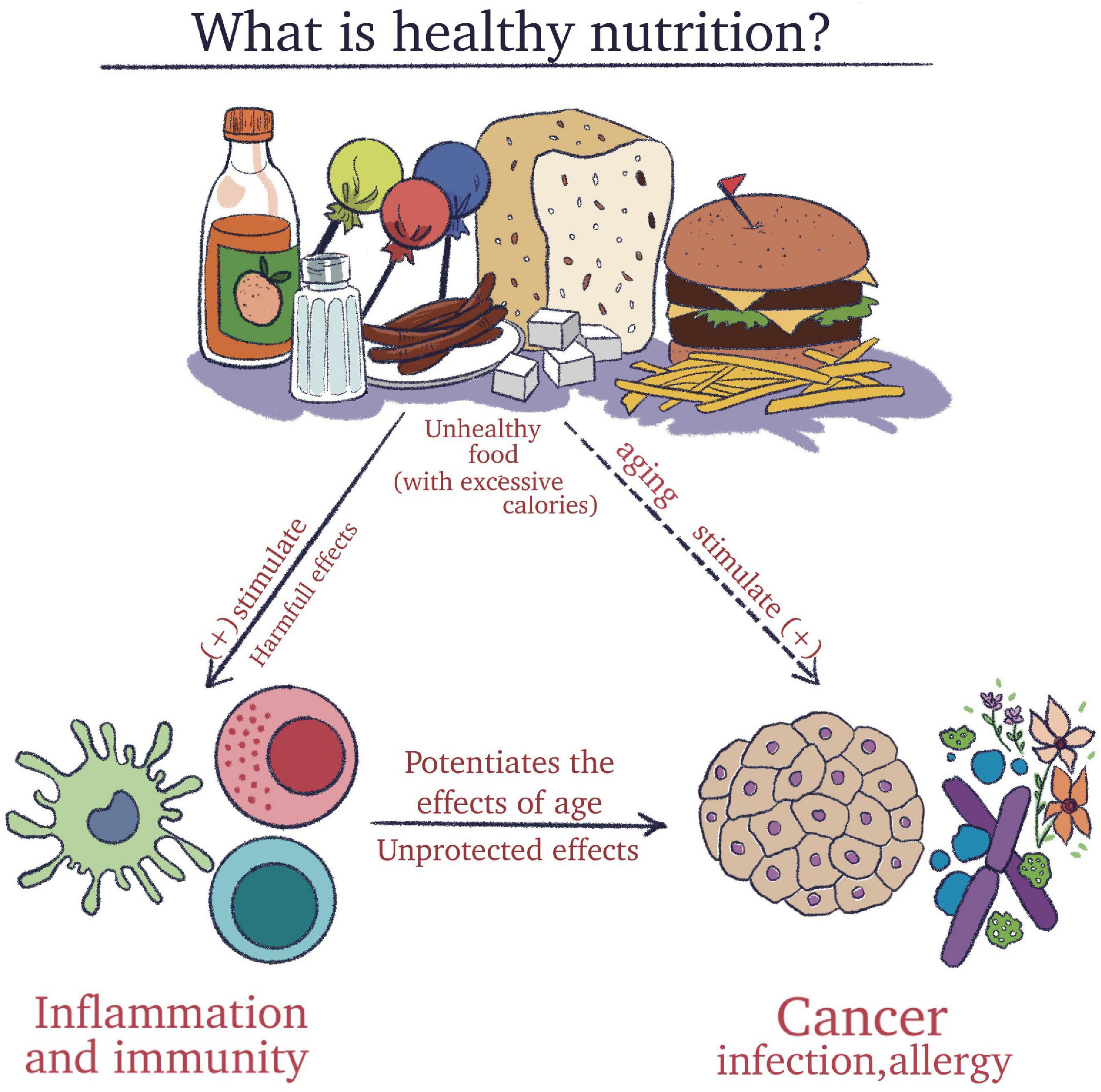For individuals following a vegetarian diet, ensuring proper levels of protein is crucial for overall health and well-being. While meat is a common source of protein, vegetarians can obtain adequate levels of this essential nutrient from a variety of plant-based sources. Understanding the key steps to take in order to meet protein requirements can help vegetarians maintain a balanced and nutritious diet.
Emphasize Protein-Rich Foods
One of the most effective steps for vegetarians to ensure adequate protein intake is to emphasize protein-rich foods in their diet. This includes incorporating a variety of legumes such as lentils, chickpeas, and black beans, as well as soy products like tofu and tempeh. Additionally, nuts and seeds, such as almonds, chia seeds, and pumpkin seeds, are excellent sources of plant-based protein that can be easily integrated into meals and snacks.
Consider Quinoa and Other Grains
Quinoa, a versatile and nutritious grain, is a complete protein source, containing all nine essential amino acids. Including quinoa in meals provides vegetarians with a high-quality protein option that can serve as a base for various dishes. Furthermore, other grains such as brown rice, barley, and bulgur can contribute to protein intake when combined with legumes or other protein-rich foods.
Explore Plant-Based Protein Powders
Plant-based protein powders have become increasingly popular and can offer vegetarians a convenient way to supplement their protein intake. Options such as pea protein, hemp protein, and brown rice protein can be added to smoothies, oatmeal, or baked goods to boost protein levels. When choosing a plant-based protein powder, look for products that are minimally processed and free of artificial additives or sweeteners.

Credit: m.facebook.com
Incorporate Dairy and Eggs
For lacto-ovo vegetarians who consume dairy and eggs, these food items can be valuable sources of protein. Greek yogurt, cottage cheese, and eggs are all protein-rich options that can be included in meals and snacks to help meet daily protein requirements. By incorporating a variety of dairy and egg products, vegetarians can take advantage of additional protein sources to diversify their diet.
Be Mindful of Overall Protein Consumption
While focusing on plant-based protein sources, it’s important for vegetarians to be mindful of their overall protein consumption. Balancing protein intake with other essential nutrients is key to maintaining a well-rounded diet. Additionally, being aware of portion sizes and incorporating a diverse range of fruits, vegetables, and whole grains can help ensure that the body receives all necessary nutrients for optimal health.

Credit: www.frontiersin.org
Frequently Asked Questions For What Steps Should Vegetarians Take To Ensure They Get Proper Levels Of Protein? Boost Protein Intake With These Vital Steps!
How Can Vegetarians Ensure They Get Enough Protein In Their Diet?
Vegetarians can ensure they get enough protein by incorporating a variety of plant-based protein sources such as legumes, tofu, tempeh, seitan, quinoa, and chia seeds into their meals.
What Are The Best Sources Of Plant-based Protein For Vegetarians?
Some of the best sources of plant-based protein for vegetarians include lentils, chickpeas, black beans, edamame, almonds, hemp seeds, and pea protein powder.
How Much Protein Should Vegetarians Aim To Consume Daily?
Vegetarians should aim to consume around 0. 8 grams of protein per kilogram of body weight per day. This can vary depending on individual factors such as age, gender, and activity level.
Can Vegetarians Fulfill Their Protein Requirements Without Consuming Animal Products?
Yes, vegetarians can fulfill their protein requirements without consuming animal products by combining different plant-based protein sources to ensure they receive a complete range of essential amino acids.
Conclusion
By emphasizing a variety of protein-rich plant-based foods, incorporating grains and legumes, exploring plant-based protein powders, and being mindful of overall protein consumption, vegetarians can confidently meet their protein needs. With careful planning and a diverse selection of nutritious ingredients, maintaining proper protein levels on a vegetarian diet is both achievable and rewarding.